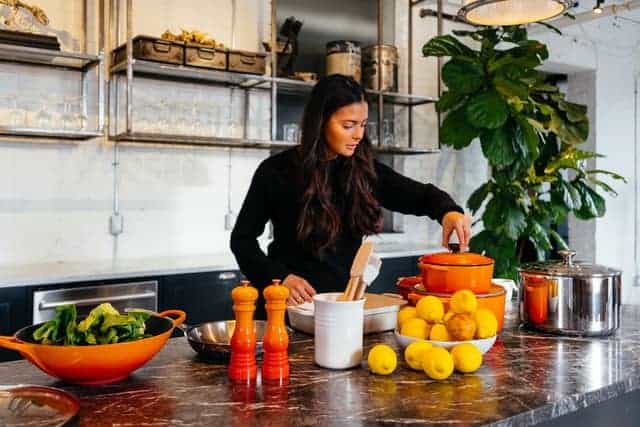Welcome to Best Cooking Sets!

Get all the information related to Kitchen Appliance Sets, Cooking Materials, and more! Moreover, find Kitchen Appliance Tips, Tricks, and Guides.
Kitchen Appliance Sets
Error: View c4fee4cc8h may not exist
Whether you’re looking for a basic set or something more specific, this website has it all. Also, be sure to check out the different cookware sets that are available.
These sets include everything from frying pans to pots and pans.